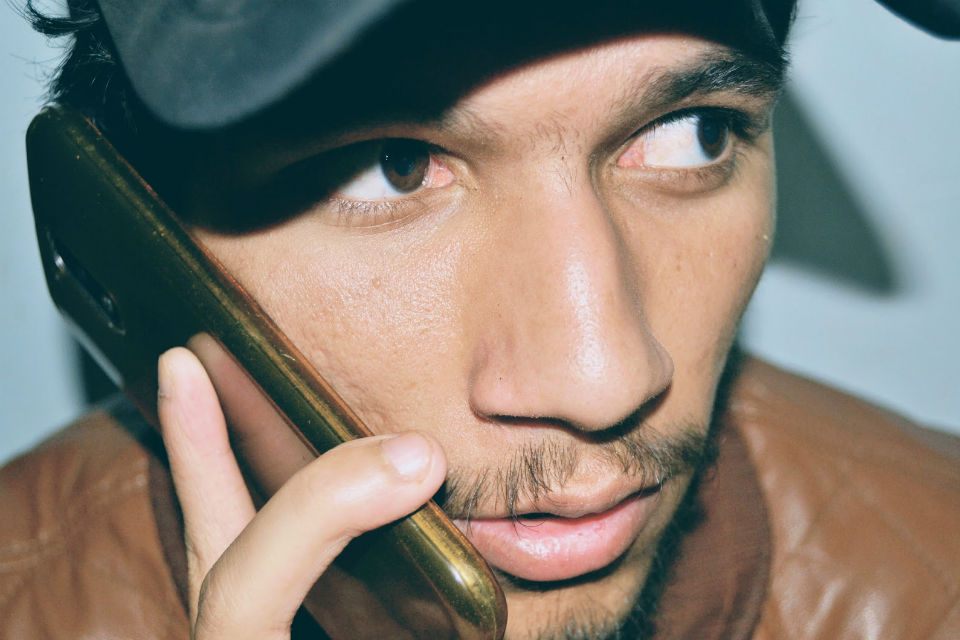No one plans to get into a fight, but sometimes things escalate, and before you know it, the police are involved. If you’re facing assault charges, your next steps are critical. The wrong move could make things much worse, so understanding common pitfalls is essential.
Here are the top mistakes people make when dealing with assault charges—and how you can avoid them to protect yourself.
1. Talking to the Police
After a fight, it’s natural to want to explain your side of the story—especially if you believe you’re not at fault. But here’s the harsh truth: talking to the police is almost always a mistake.
Police officers are trained to gather evidence, even if it’s against you. For example:
- They may seem friendly, offering you an ice pack or sympathizing with your situation.
- Then they’ll casually ask, “What happened?”
If you start talking, you could unintentionally admit guilt or say something they can twist into evidence against you.
What You Should Do Instead:
- Remember your Miranda Rights: “You have the right to remain silent.”
- Politely decline to answer any questions until you’ve spoken with an attorney.
- Stay calm, respectful, and silent.
2. Talking to Others About the Incident
After a fight, it’s normal to want to vent or seek advice from friends or family. But even casual conversations can come back to haunt you.
Why?
- The people you talk to could be called as witnesses.
- Prosecutors might use their testimony against you, even if they’re on your side.
What You Should Do Instead:
- Don’t discuss the incident with anyone except your lawyer.
- Be mindful of what you say, even in private conversations—it could all be brought up later.
3. Posting About the Incident on Social Media
Social media might feel like a safe place to share your feelings or defend yourself, but it’s one of the worst things you can do when facing charges.
Here’s why:
- Anything you post can be used as evidence.
- Prosecutors love showing juries screenshots of social media posts, twisting your words or emojis to support their case.
What You Should Do Instead:
- Avoid posting anything related to the incident, even vague or innocent-seeming updates.
- Resist the urge to share details with friends or followers online.
4. Contacting the Alleged Victim
Whether you want to apologize, clear the air, or explain yourself, reaching out to the alleged victim is a huge mistake.
Why?
- Anything you say can be misinterpreted and used against you in court.
- Even well-meaning messages can backfire, making you look guilty or manipulative.
What You Should Do Instead:
- Let your lawyer handle all communication.
- Stay away from the alleged victim and anyone connected to them.
What You Should Do to Strengthen Your Case
Now that you know what not to do, here are a few proactive steps you can take:
- Hire an Experienced Defense Attorney.
Assault charges are serious, and you need a skilled lawyer who can build a strong defense for you. - Document Everything.
Write down everything you remember about the incident, including names, times, and details. This can help your lawyer prepare your case. - Stay Out of Trouble.
Avoid any situations that could lead to further legal issues while your case is ongoing.
Why Having the Right Lawyer Matters
Facing assault charges can be overwhelming, but the right attorney can make all the difference. An experienced lawyer will:
- Protect your rights.
- Help you navigate the legal process.
- Work to minimize or dismiss the charges against you.
If you’re in this situation, don’t try to handle it alone.
Get Help Today
Every choice you make matters when facing assault charges. Protect your future by avoiding these common mistakes and getting the right legal representation.
Contact defense attorney Nathan Akamine today for a free legal consultation. Let’s work together to build the strongest defense possible.





